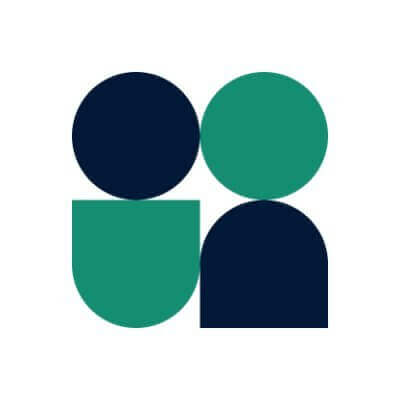Why law school applications are skyrocketing right now
Law school applications typically spike in times of financial and labor market distress, but a significant recent surge may be more driven by other factors. According to the Law School Admissions Council (LSAC)—which, among other things, administers the law school admissions test (LSAT)—application volume for the 2025 school year is up 20.5% compared to last year. “When we ask test takers and applicants ‘Why are you applying to law school?,’ the primary reason is ‘to make a difference,’” says LSAC’s interim president and CEO Susan Krinsky. As a result, she attributes the latest increase to “the world around us,” explaining “there have been a few very interesting Supreme Court cases, and then we’ve got the political environment.” Krinsky adds that election years often see somewhat higher law school applicant numbers, but such a significant jump is usually only typical in times of severe economic distress, like the 2008 financial crisis or the early pandemic. “We will often see at least a small bump in U.S. presidential election years, but not like this one. This one is unique,” she says, adding that while financial motivations are likely still a significant motivator they now appear to be “secondary.” The increase in law school applications also follows a similar spike in business school applications this year, which experts also believe was more divorced from underlying economic conditions than is typical. Like law school hopefuls, many business school applicants said they wanted the degree to make a greater impact, as well as to achieve greater work-life balance, and to guard themselves against the unpredictable effects of artificial intelligence. Competition is heating up Not only is the number of law school applicants up this year, but LSAC data suggests each is also applying to more programs, suggesting significant competition for limited spots. “The number of people applying is up about 20%. The [number of] applications they’re submitting, however, is up more like 23%,” Krinsky says. “I don’t think law schools are going to enlarge the size of their classes, given that it’s very important to law schools that their students get jobs at the other end, and it’s hard to predict what the market will look like three years from now.” According to The Wall Street Journal, the 166 year-old University of Michigan Law School recently reached a new application volume record, while Creighton University School of Law reported a 25% increase. A spokesperson from Columbia Law School also confirmed to Fast Company that their law school, too, has seen an increase in application volume for its incoming cohort. “Having done this for a long time, most of these increases and decreases are plus or minus 5%—when it’s a big moment, it’s maybe 10%,” says Georgetown Law School dean of admissions Andy Cornblatt. “For it to be up 20% nationally, and 25% at Georgetown, is highly unusual.” Prior to the fall of 2021 Cornblatt says no U.S. law school had surpassed about 12,600 applicants in a single academic year. During the pandemic, applications for Georgetown’s 650-person law school hit a new record of 14,000 applications, and Cornblatt says this year is on pace to match or surpass that figure. “In recessions, applications go up every time. That’s not this,” he says. “If you go back over time, these presidential election years—particularly recently—generate an enormous amount of interest in law and politics and policy and the courts; all of those things become front and center.” Cornblatt adds that some economic uncertainty, looser policies around entrance exam requirements, and the heightened visibility of legal decisions in the social media age are all contributing factors, but none alone would explain such a significant surge. “I tell students the playing field used to be boardrooms—that’s your grandparents’ generation,” he says. “The playing field now is the courtroom, and that’s where this new surge of applicants wants to be, because that’s where the action is.” What an historically competitive year means for applicants The significant and widely unexpected increase in interest has forced law schools like Georgetown to take a somewhat different approach to their admissions process this year, Cornblatt says, with significant implications for applicants. “People who last year would have been admitted are now probably sitting on a waitlist, and people who would have been wait-listed were probably denied,” he explains. “The good news is I am being very conservative with the number of people I’ve admitted, and as a result, I think we will be much more active on the waiting list than we have been in the past.” In other words, being wait-listed in this highly competitive year should be taken as a more encouraging sign than in a typical year. Applicants competing for those limited spots are also encouraged to apply at more schools than they might otherwise, a trend alread

Law school applications typically spike in times of financial and labor market distress, but a significant recent surge may be more driven by other factors.
According to the Law School Admissions Council (LSAC)—which, among other things, administers the law school admissions test (LSAT)—application volume for the 2025 school year is up 20.5% compared to last year.
“When we ask test takers and applicants ‘Why are you applying to law school?,’ the primary reason is ‘to make a difference,’” says LSAC’s interim president and CEO Susan Krinsky. As a result, she attributes the latest increase to “the world around us,” explaining “there have been a few very interesting Supreme Court cases, and then we’ve got the political environment.”
Krinsky adds that election years often see somewhat higher law school applicant numbers, but such a significant jump is usually only typical in times of severe economic distress, like the 2008 financial crisis or the early pandemic.
“We will often see at least a small bump in U.S. presidential election years, but not like this one. This one is unique,” she says, adding that while financial motivations are likely still a significant motivator they now appear to be “secondary.”
The increase in law school applications also follows a similar spike in business school applications this year, which experts also believe was more divorced from underlying economic conditions than is typical.
Like law school hopefuls, many business school applicants said they wanted the degree to make a greater impact, as well as to achieve greater work-life balance, and to guard themselves against the unpredictable effects of artificial intelligence.
Competition is heating up
Not only is the number of law school applicants up this year, but LSAC data suggests each is also applying to more programs, suggesting significant competition for limited spots.
“The number of people applying is up about 20%. The [number of] applications they’re submitting, however, is up more like 23%,” Krinsky says. “I don’t think law schools are going to enlarge the size of their classes, given that it’s very important to law schools that their students get jobs at the other end, and it’s hard to predict what the market will look like three years from now.”
According to The Wall Street Journal, the 166 year-old University of Michigan Law School recently reached a new application volume record, while Creighton University School of Law reported a 25% increase. A spokesperson from Columbia Law School also confirmed to Fast Company that their law school, too, has seen an increase in application volume for its incoming cohort.
“Having done this for a long time, most of these increases and decreases are plus or minus 5%—when it’s a big moment, it’s maybe 10%,” says Georgetown Law School dean of admissions Andy Cornblatt. “For it to be up 20% nationally, and 25% at Georgetown, is highly unusual.”
Prior to the fall of 2021 Cornblatt says no U.S. law school had surpassed about 12,600 applicants in a single academic year. During the pandemic, applications for Georgetown’s 650-person law school hit a new record of 14,000 applications, and Cornblatt says this year is on pace to match or surpass that figure.
“In recessions, applications go up every time. That’s not this,” he says. “If you go back over time, these presidential election years—particularly recently—generate an enormous amount of interest in law and politics and policy and the courts; all of those things become front and center.”
Cornblatt adds that some economic uncertainty, looser policies around entrance exam requirements, and the heightened visibility of legal decisions in the social media age are all contributing factors, but none alone would explain such a significant surge.
“I tell students the playing field used to be boardrooms—that’s your grandparents’ generation,” he says. “The playing field now is the courtroom, and that’s where this new surge of applicants wants to be, because that’s where the action is.”
What an historically competitive year means for applicants
The significant and widely unexpected increase in interest has forced law schools like Georgetown to take a somewhat different approach to their admissions process this year, Cornblatt says, with significant implications for applicants.
“People who last year would have been admitted are now probably sitting on a waitlist, and people who would have been wait-listed were probably denied,” he explains. “The good news is I am being very conservative with the number of people I’ve admitted, and as a result, I think we will be much more active on the waiting list than we have been in the past.”
In other words, being wait-listed in this highly competitive year should be taken as a more encouraging sign than in a typical year.
Applicants competing for those limited spots are also encouraged to apply at more schools than they might otherwise, a trend already emerging in the LSAC data.
“Part of it is having a really high LSAT score—more competitive than the average of the school,” says Claudia Nelson, the director of operations and client relations at higher education admissions consulting firm Admit Advantage. “If you want to be seen as a competitive applicant you need to also have really excellent materials—personal statements, diversity statements, other addendum—and apply early.”
The start of a four-year trend?
Though applicants are probably too late to start their application for the 2025 school year, Nelson advises those seeking admissions in future years to get started as soon as essay questions are made public, typically in mid-to-late-summer.
After all, if application volume is indeed being driven by political turmoil, Nelson says law school admissions are likely to remain highly competitive in the years ahead.
“We’ve seen a lot of applicants report that they want to go into civil rights and human rights—and I want to say that [the repeal of] Roe v. Wade was probably a big wake-up call for people—so it’s about more than just what’s happening in the [labor and financial] markets,” she says. “If all else stays consistent, we’ll probably see an increase throughout this [presidential] administration.”









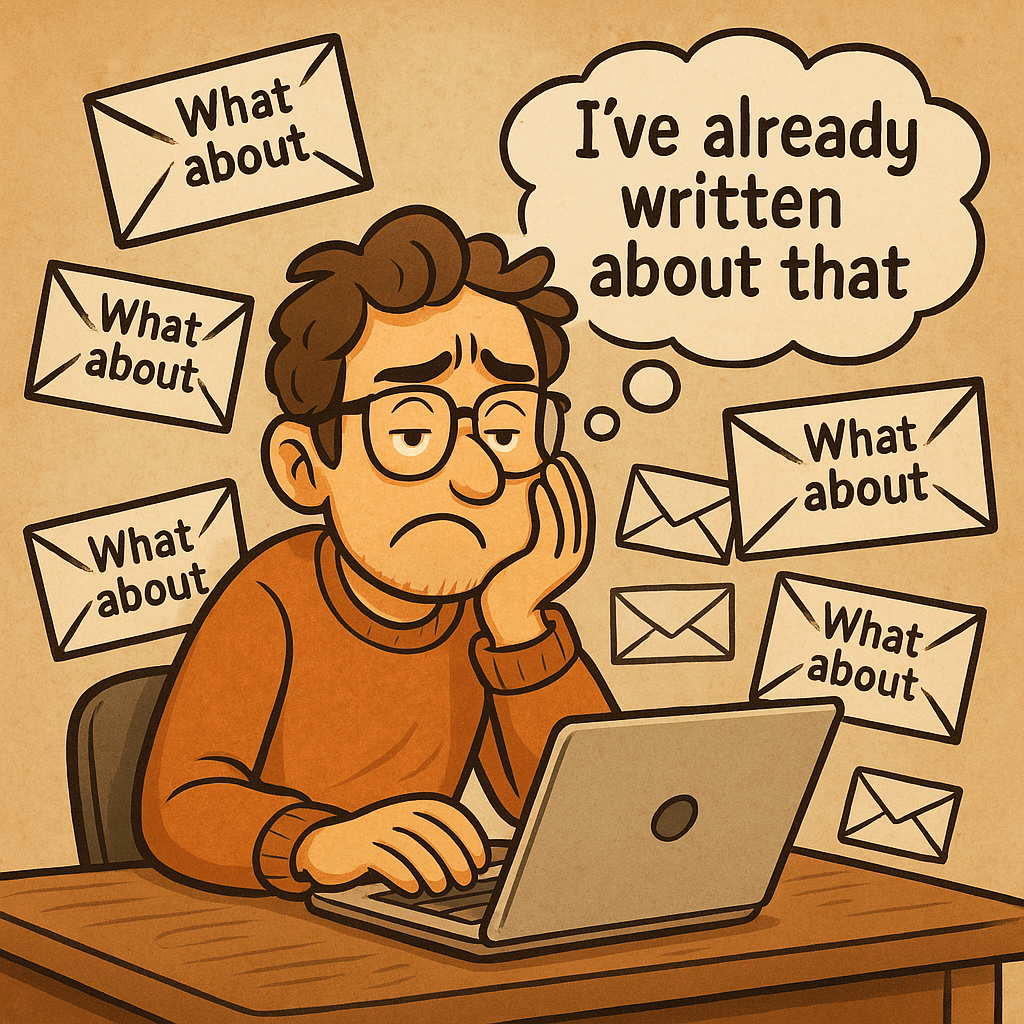































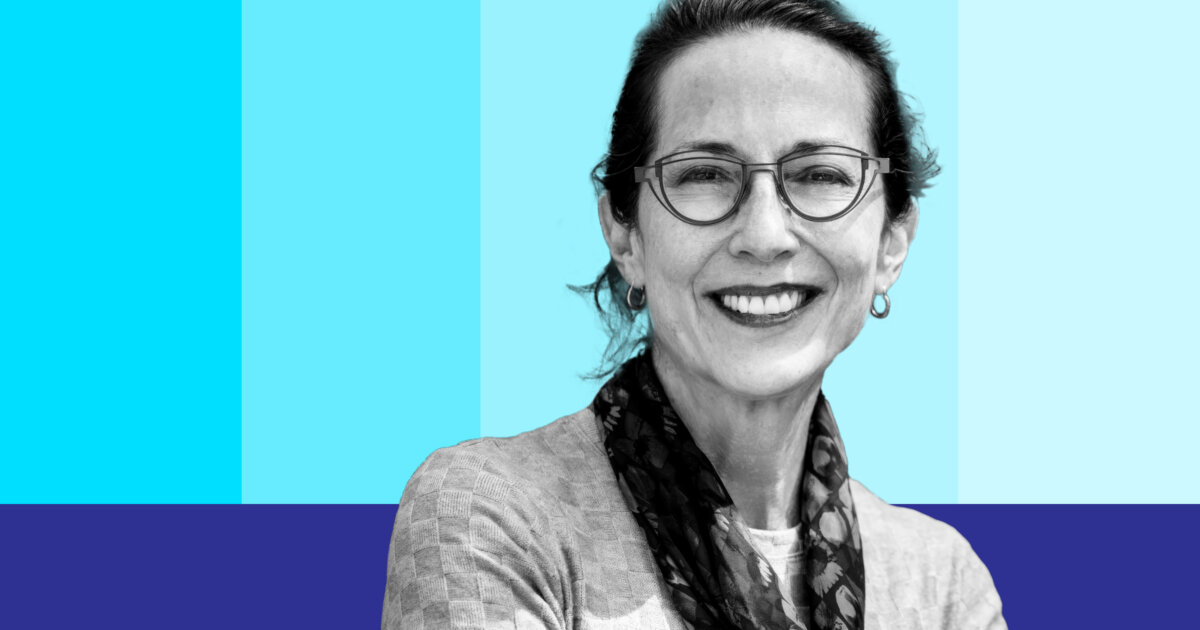





























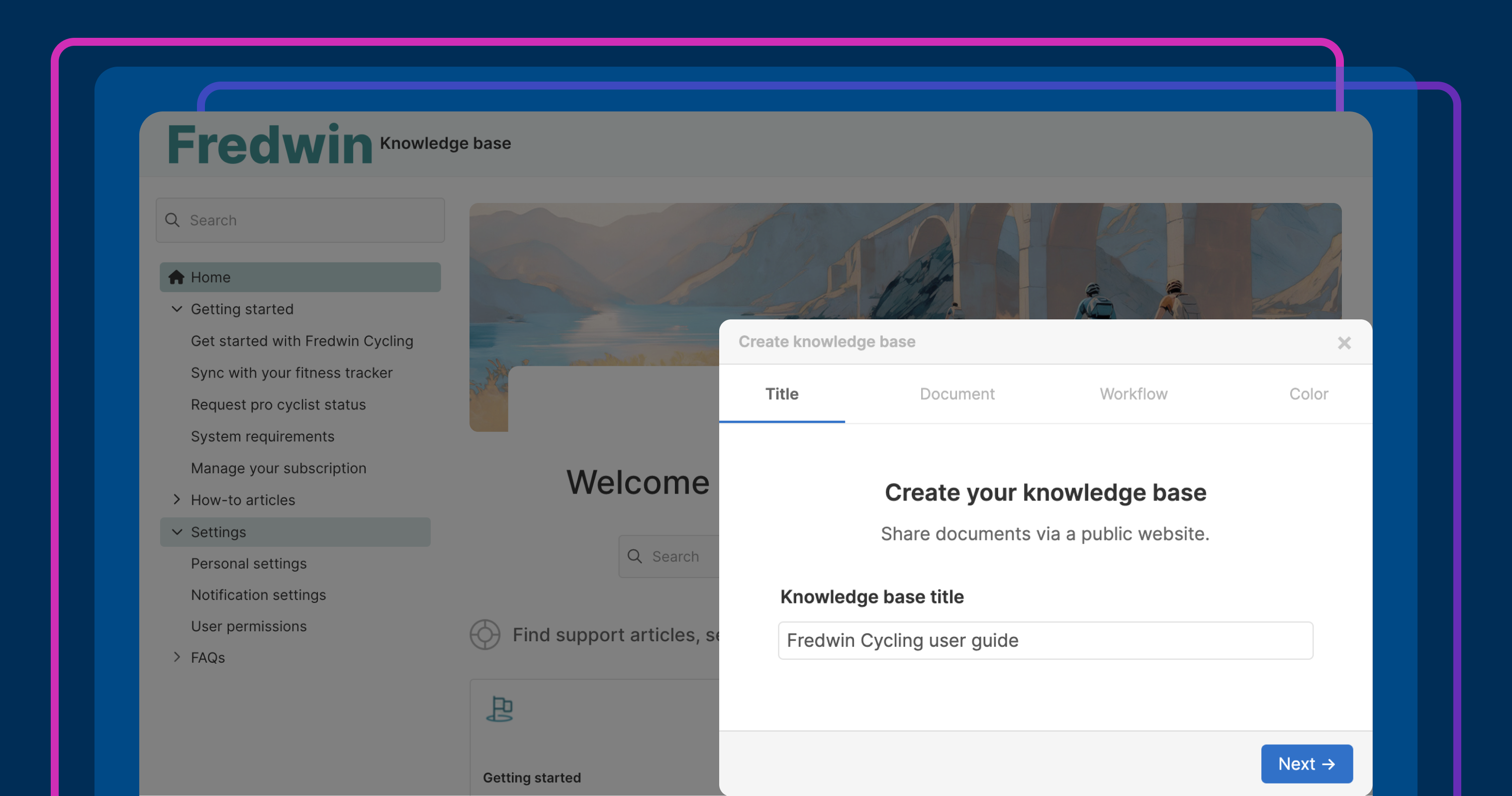








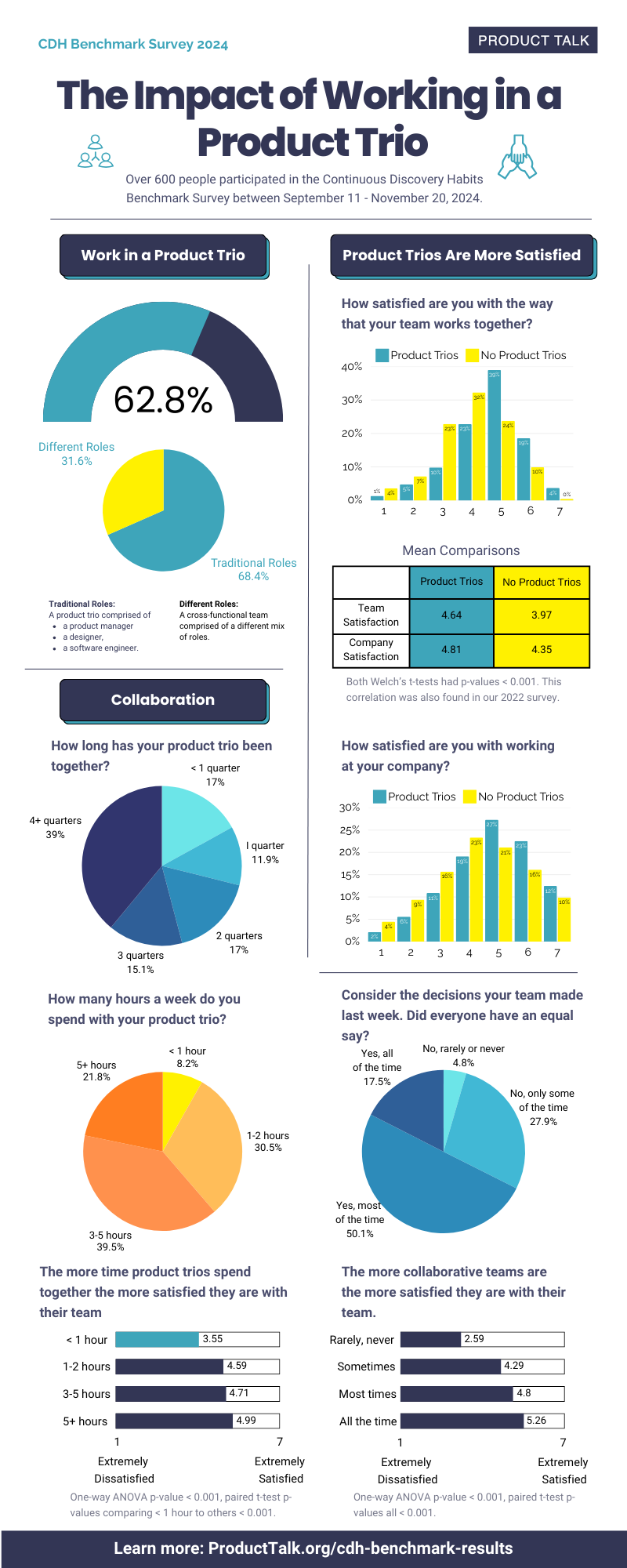














![Building A Digital PR Strategy: 10 Essential Steps for Beginners [With Examples]](https://buzzsumo.com/wp-content/uploads/2023/09/Building-A-Digital-PR-Strategy-10-Essential-Steps-for-Beginners-With-Examples-bblog-masthead.jpg)



![How One Brand Solved the Marketing Attribution Puzzle [Video]](https://contentmarketinginstitute.com/wp-content/uploads/2025/03/marketing-attribution-model-600x338.png?#)







![How to Use GA4 to Track Social Media Traffic: 6 Questions, Answers and Insights [VIDEO]](https://www.orbitmedia.com/wp-content/uploads/2023/06/ab-testing.png)




![[Hybrid] Graphic Designer in Malaysia](https://a5.behance.net/920d3ca46151f30e69b60159b53d15e34fb20338/img/site/generic-share.png)

![[HYBRID] ?? Graphic Designer](https://a5.behance.net/cbf14bc4db9a71317196ed0ed346987c1adde3bb/img/site/generic-share.png)




